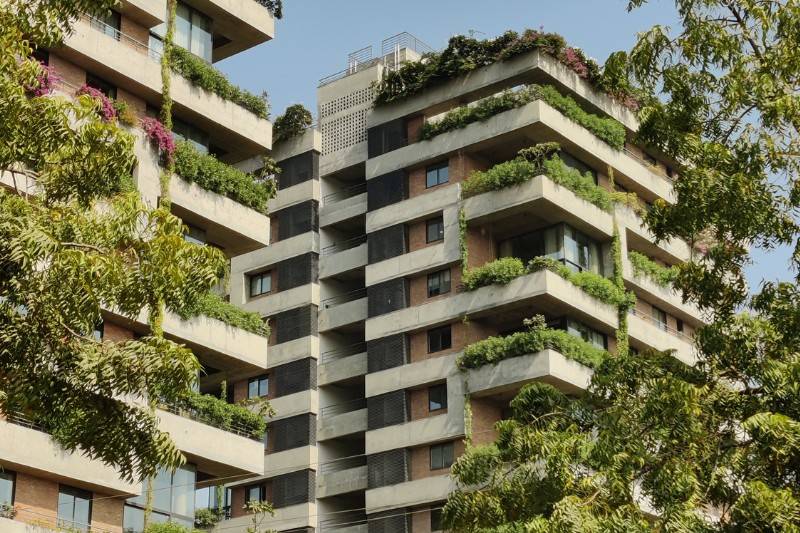The last five months have been a big struggle, but the lockdown experience might be opening enough eyes to the need for significant changes in the way we live.
The Conversation has investigated several vital areas where governments around the world should focus their economic stimulus.
And by shifting away from the outdated and almost random stimulus of the past, there could be some substantial positive impacts on the environment.
The first thing that researchers highlight is a need to invest in making our homes a lot more sustainable.
As many people are likely to spend a lot more time working from home, there will also be significant savings from improving insulation, replacing windows, and upgrading heating and cooling systems.
Working from home will also reduce the need for long commutes, which will allow for more flexibility when it comes to transport.
Shorter travel distances will make walking, cycling, and electric vehicles that much more viable.
Also, according to The Conversation,
“Maintaining and improving urban green space should now become a top priority. Initiatives like Nesta’s Rethinking Parks or the Heritage Fund’s Future Parks Accelerator are designed to find ways of managing and funding parks and open spaces across entire towns and cities. People and businesses could renovate derelict areas and recreate public life, with support from local authorities and a governmental green recovery programme.”


